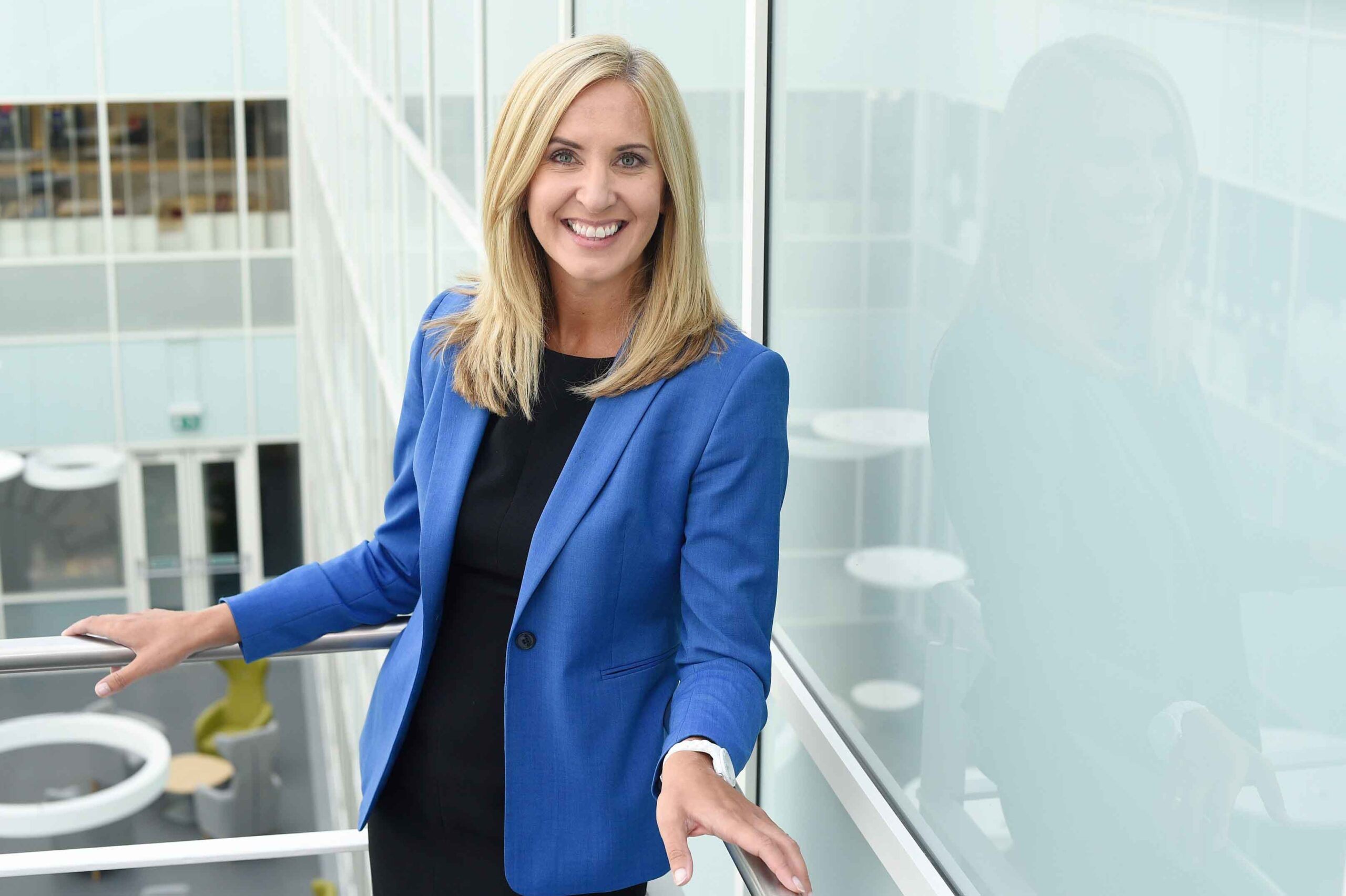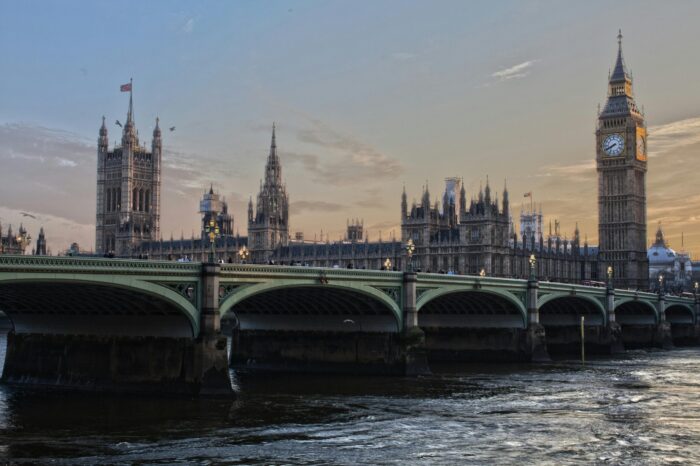
By Scott McLeod
The future of the planet and how we can tackle climate change continues to be a big talking point. The top scientists in the world have stated that in order to avoid the worst effects of global warming, net zero carbon emissions must be achieved by no later than 2050.
It’s beneficial for businesses to make an effort to reduce their carbon output as it can have impact on how consumers perceive them.
Consumer research published by the insights company Kantar has found that 77% of people in the UK have switched, avoided or boycotted brands because of their environmental policies. This was found to be an important issue amongst those classed as ‘Gen Zers’, with nine out of ten believing companies should address issues such as harsh working conditions, environmental pollution and the overuse of packaging.
A more sustainable looking business has also been found to be effective at retaining staff and encouraging new employees. Job search platform Totaljobs found that 28% of people check businesses’ sustainability practices when applying.
Adopting more sustainable practices can help businesses cut their operating costs and pay less on their energy bill. This means there is more money that can be reinvested back into the business.
Based on Deutsche Bank’s research, companies with high ratings for environmental, social, and governance (ESG) factors show a lower debt and equity cost.
On the contrary, companies with high ESG ratings outperform the market in the medium (three to five years) and long (five to ten years) term. Indeed, more and more investors are interested in incorporating ESG into their investment analysis and decision-making. More than 2,000 studies have concluded that companies with strong ESG practices produce better corporate financial performance.
Growing public interest in tackling climate change, and the advancement of technology to make that possible, has led to an influx of green tech startups in the UK. In 2018 the government announced a new £40m venture capital fund to support the development of clean technology companies.
Consumer demand, declining costs and cheaper data processing are all driving investor interest in this area.
A great way for businesses to give back to the planet is to look at the areas they deal in and see what methods they can implement. An example of this is GMG Energy who provide affordable wood pellets for biomass boilers and timber from renewable sources, often working with local businesses and councils.

When they saw increase demand for their services they decided to give back by planting trees to replace the ones they cut down on an area of land they owned in North East Scotland. Recently they announced their pledge to plant a further 10,000 trees.
Malcolm Morrison, Director of GMG Energy explained this philosophy to Business Connect as “Replace what you use, leave the environment in better shape than you found it.”
He believes that with partnerships and forward planning they will be able to continuously replace the trees they use for the foreseeable future barring any unforeseeable changes in circumstance.
There has been a rise in the number of organisations whose main goal is to assist other businesses in achieving their own net zero goals.
One such business is water retailer, Business Stream who has aided their customers in reducing their water use by up to 20% and supports them to adopt the right water efficiency solutions for their needs.
The Chief Executive of Business Stream, Jo Dow spoke to Business Connect about the importance of businesses reducing their carbon output.
“The climate crisis is one of the biggest challenges facing us all today and as a business we believe we have a responsibility to play our part in reducing our impact on the environment. Over the past three years we’ve worked hard to lower our emissions; reduce waste; and support our colleagues and customers to make the right environmental choices.
We strongly believe that businesses should take a pro-active approach to operating more sustainably. Businesses directly or indirectly impact the environment through their operations, resource consumption, and waste generation.
By embracing sustainable practices, we can all help to minimise our ecological footprint, reduce pollution, conserve water resources, and protect fragile ecosystems.
The global challenge of climate change requires collective action from all sectors. By adopting sustainable practices businesses can contribute to mitigating climate change and preserving a habitable planet for future generations.
Furthermore, operating sustainably is crucial for the long-term viability and success of any business. By identifying and mitigating environmental risks we can enhance operational efficiency, reduce costs, and ensure our businesses remain resilient.”
Jo commented on the factors that may hold back a business from taking responsibility for their carbon output.
“Financial considerations are a significant factor in determining a business’s willingness to address its carbon emissions. Many businesses operate in competitive markets with tight profit margins making it challenging to invest in sustainable practices and technologies. As a result, short-term financial pressures and a focus on immediate returns often outweigh long-term sustainability goals.
The complexity of this issue is another obstacle for businesses, as while climate change has gained widespread attention, it can be difficult to know where to start, particularly for smaller businesses that perhaps don’t have the resources and time that larger businesses can afford.
There is a huge amount of information out there but that in itself can feel over whelming, which is why we were so driven to support the development of the BiTC Climate Action for Businesses programme so we could support SMEs to navigate this topic, at the same time as continually learning more ourselves.”
Another business that aims to help other businesses achieve their sustainability goals is the Edinburgh based Pawprint. Their experienced team consults with larger corporate or white collar companies by setting specific goals.

Business Connect spoke to Pawprint’s CEO and Founder Christian Arno about the responsibility of businesses to do their part.
“We believe every person and every organisation can play their part. The reason we’ve chosen to focus on businesses and other large organisations is because we think we they can combine the influence they have with their stakeholders (primarily employees) and our technology to move faster and more reliably towards their sustainability goals.
Businesses are generally focused on traditional measures of success – delivering shareholder value, profitability etc. It’s quite understandably a challenge to dedicate significant energy and resources to sustainability in these circumstances.
We hope that Pawprint’s approach will allow ambitious sustainability teams to do more with whatever resources they have, and inspire their people to contribute through action.”
There is a financial aspect to making your business more sustainable that can hold back small business from making the move.
The SME Insights Report by Simply Business surveyed over 1000 UK small business owners, which found 38% of businesses see the sustainability as a high priority with 40% seeing it as medium priority and 9% not seeing it as a priority.
They found that 57% of small businesses surveyed said that financial cost is a drag on their sustainability efforts. This was closely followed by not having enough time (26%), a lack of knowledge or experience (25%) and limited interest in sustainable options from customers (16%).
The report also describes several factors that small business owners are concerned about over sustainability such as the rising cost of living, rising taxes, interest rates, and inflation which is eating into their profit margins.
Around 26% of small business owners believe that they will be forced to cease trading if the outlook for their business does not improve which could be a detrimental blow to the UK economy.
Alan Thomas, UK CEO at Simply Business said: “The government has an ambitious climate commitment to cut the UK economy’s greenhouse gas emissions by 2030 and achieve net zero by 2050. The UK’s 5.6 million small businesses account for over 99.9% of the firms operating in the country and contribute trillions of pounds a year to the economy.
As a result, small businesses will play an integral role in the UK meeting their sustainability goal but they will need government support to do this. If the government is serious about its commitment to its sustainability milestones, it needs to realistically consider small businesses, the role that they play and what ultimately the support they need to get to where they want to be.”
The report details multiple areas that are impacting small businesses in the UK. If you want to learn more check out the full report: https://www.simplybusiness.co.uk/resources/sme-insights-report/
One way businesses can easily give back to the planet is by tackling their levels of food wastage.
In their climate change plan that was released in February of 2018, the Scottish Government committed to reducing the country’s food waste by 33% by 2025. It is estimated that Scottish householders waste more than £1 billion of food each year.
Zero Waste Scotland has supported the Scottish Government in developing this Plan and its measures to significantly reduce food waste across all major sectors by 2025.
They’ve held workshops with stakeholders from all sectors to build an initial list of interventions. These suggested measures were analysed and used to build a shortlist which was then assessed according to its applicability in the Scottish context, its coherence and its practicality.
Business Connect spoke to Lasse Melgaard, the co founder of Two Raccoons, a company that produces a range of fruit flavoured wines using discarded fruit. Lasse feels very strongly about the issue of food waste and told us what he thinks the best solution to this issue is.
He commented: “There’s several reports that see food waste as the biggest issue that we have to climate change as well as being the most avoidable. It contributes between 8 to 10% of our carbon emissions in the UK alone and on a bigger scale, even in the rest of the world.
It’s an issue we can do something about, but right now we don’t have the infrastructure. There are so many social stigmas around it that makes it really hard to figure out.
It’s definitely good to talk about the problem, but we need to talk more about the solution and in my opinion the solution is collaboration. It’s only through collaboration and helping to destigmatise this issue so that more companies will acknowledge that they have it and do something about it.
Having food waste is not the issue; the issue is the lack of responsibility by not doing something about it before it becomes food waste”
Two Raccoons do their best to take surplus foods from businesses before they get the chance to become waste but have issues with companies claiming they don’t have waste. Lasse feels that the exact figures surrounding food waste are impacted by people not wanting to admit that they waste food.
Adopting sustainability measures should clearly be at the top of every business’s list of priorities. However without Government involvement to encourage larger companies and provide support for SMEs, it will be difficult for them to achieve the planned net zero goals by 2050.








